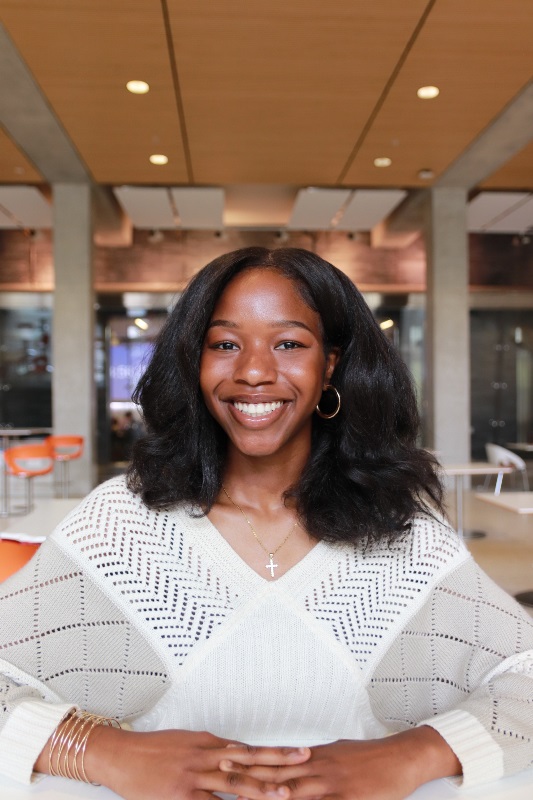Ivan Finlay Leadership Award
The Ivan Finlay Leadership Award celebrates students who demonstrate exceptional leadership, vision, and impact in their schools, communities, or beyond. Named in honour of APEGA’s first full-time registrar, Ivan Finlay, and his commitment to inspiring future leaders, these awards recognize students who take initiative, empower others, and make a meaningful difference. There are up to 10 awards of $1,250 each.
Applications
Applications for the 2025–2026 award period have closed.
Award recipients will be announced in spring 2026.
Eligibility
Students must be enrolled in an engineering, geology, or geophysics undergraduate or graduate degree program in Alberta. Graduate students must also be either a member-in-training or applicant with APEGA.
Criteria
Award recipients will be students who, within the last two years, have demonstrated meaningful leadership and created positive impacts through volunteer roles in campus organizations, community initiatives, or professional experiences. To be successful, applicants should demonstrate how they have:
- shown initiative and leadership by taking responsibility, guiding others, and driving projects or activities toward meaningful results
- fostered participation and collaboration by engaging diverse groups of people, encouraging teamwork, and creating an environment where all voices can contribute
- led with vision by introducing new ideas, building consensus, and inspiring others to support shared goals
- acted as an ambassador by representing the engineering or geoscience faculties and professions, highlighting their value, opportunities, and contributions to society
- exemplified integrity and professionalism by leading through example, demonstrating accountability, and upholding high personal and ethical standards
- shown commitment to growth by reflecting on both successes and challenges and applying these lessons to strengthen their leadership abilities
Why apply?
Winners of the Ivan Finlay Leadership Award will:
- receive recognition for their leadership achievements
- receive $1,250 to use towards their education
- join a network of inspiring peers and role models
- be celebrated as emerging leaders making a difference today and shaping tomorrow
Application requirements
Submissions must include:
- a complete application form with supporting documents that showcase the applicant's achievements
- a minimum of two reference letters, which the applicant will be responsible for obtaining and submitting. Please note that reference letters may not be dated earlier than 12 months prior to the date of your submission. References must:
- know the applicant
- be professional references in leadership positions, not peers
- be able to comment on the applicant’s leadership experience and abilities
- a proof of enrolment (official university documentation) in an engineering or geoscience degree program in Alberta
Incomplete applications will not be considered.
More on reference letters
-
Your referrer must be a professional reference who is in a leadership position, not a peer. Examples include:
- professors
- managers
- team leaders
- committee chairs
-
The reference letter may not be dated any earlier than 12 months prior to the date your application is submitted.
-
The reference should detail:
- the referrer’s relationship to the applicant
- information about the applicant’s leadership experience, including positions and achievements
- the candidate’s experience as a leader
- specific examples of where the candidate was in a leadership position, what they achieved, and how they made a positive impact on their community
-
Please explore the reference links below to learn leading practices for requesting a reference letter.
- University of Calgary Career Services (Who Can Be a Reference)
- University of Alberta (Reference Guidebook)
- Indeed.com (How to Ask Your Professor for a Reference
-
APEGA reserves the right to contact all references submitted with your Ivan Finlay application. Your references may be contacted within two weeks following the application deadline. Please ensure their contact information is up to date.
Meet the 2025 recipients
Learn more about them in upcoming editions of the Work Readiness News.
-
Warren Acheampong - University of Alberta
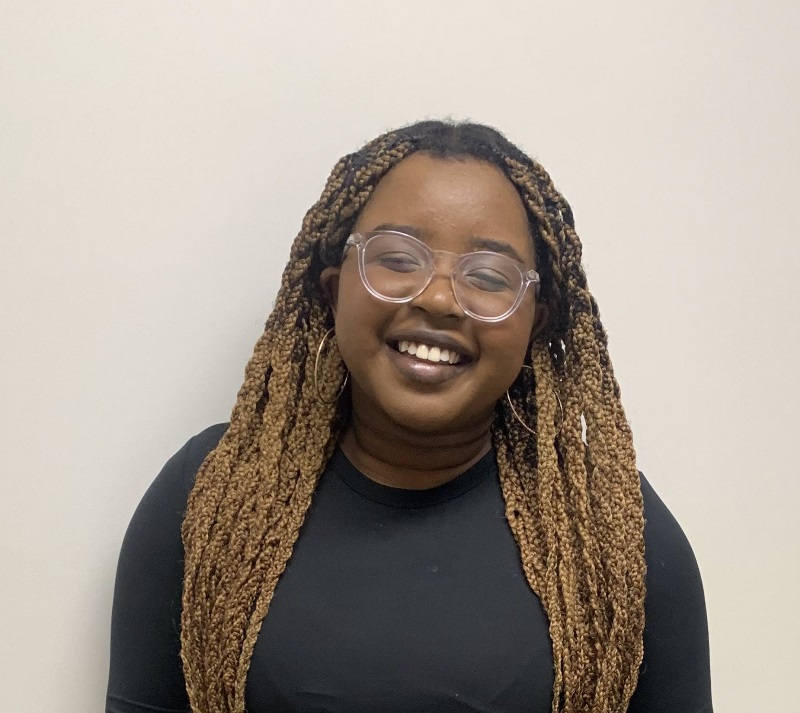
Tinomudaishe, a chemical engineering undergraduate at the University of Alberta, is a passionate advocate for equity, diversity, and inclusion (EDI) across her many volunteer roles.
As a summer instructor with DiscoverE Science and Engineering Camps, she introduced students aged 5–12 to engineering principles, aiming to promote diversity in STEM from an early age. She has also presented at numerous conferences on the institutional importance of addressing microaggressions to foster inclusive communities in engineering education. Drawing from personal experiences in her volunteer work, she highlights the complexity and intentionality required for meaningful inclusion.
Currently serving as Vice President of Advocacy for the Western Engineering Students’ Societies’ Team (WESST) and Regional Advocacy Lead for the Western Region of the Canadian Federation of Engineering Students, Tinomudaishe champions competency-based recruitment over traditional experience-based selection to mitigate systemic biases. She identified how students at smaller institutions often face barriers to joining clubs and societies compared to those at larger universities like the University of Calgary or the University of Alberta. Her efforts led to a 100% increase in small-school representation on her team, with more than 50% of members identifying as people of color.
As incoming president, she also presented at the EngiQueers conference to encourage LGBTQ+ students to apply, further broadening the team’s diversity. This inclusive approach has enhanced productivity, expanded perspectives, and strengthened equity across their schools. With better representation, students are more aware of how different decisions impact equity-deserving groups, driving positive change in engineering education.
-
Rachana Adhikari - University of Alberta
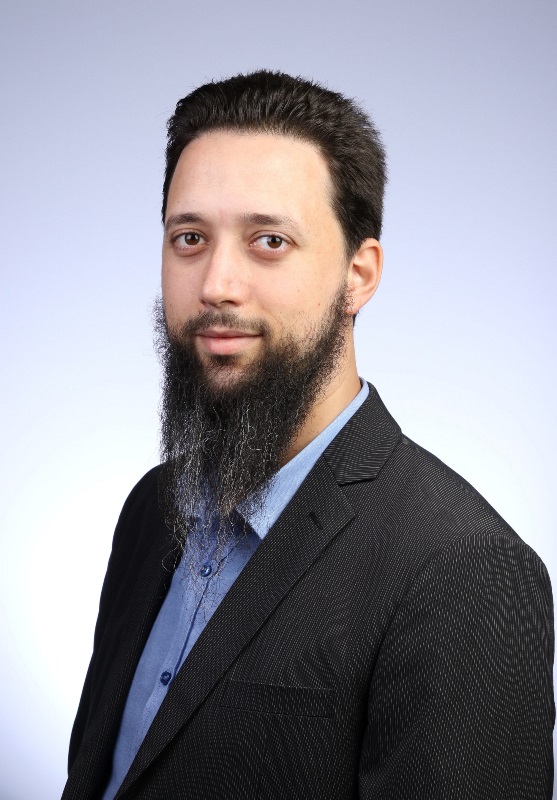
Ahmed, a graduate student in petroleum engineering, is a dedicated advocate for mentorship, leadership, and equity. As a mentor in the First-Generation Mentorship Program at the University of Calgary, he supports first-year students navigating the unique challenges of academia. Through this role, he emphasizes the value of equity, diversity, and inclusion (EDI), demonstrating how inclusive practices create stronger learning environments and benefit both individuals and institutions.
Recognizing the need for graduate student representation, Ahmed co-founded the Schulich School of Engineering Graduate Students’ Council (SSE-GSC), playing a pivotal role in shaping its structure and fostering an inclusive leadership team. By streamlining the application process, introducing flexible meeting structures, and actively championing gender diversity, the council saw a 40% increase in international student participation and a 30% rise in female leadership. His approach transformed the council into a space where diverse voices drive decision-making.
As President/Vice President of the Chemical & Petroleum Engineering Graduate Students’ Association (CPEGA), Ahmed prioritizes creating a safe and inclusive environment where students feel empowered to voice concerns and actively engage in leadership. His commitment to open communication and collaboration has strengthened the organization’s culture, ensuring that all students—regardless of background—feel valued and heard.
-
Mona Ahmadi Rad - University of Alberta
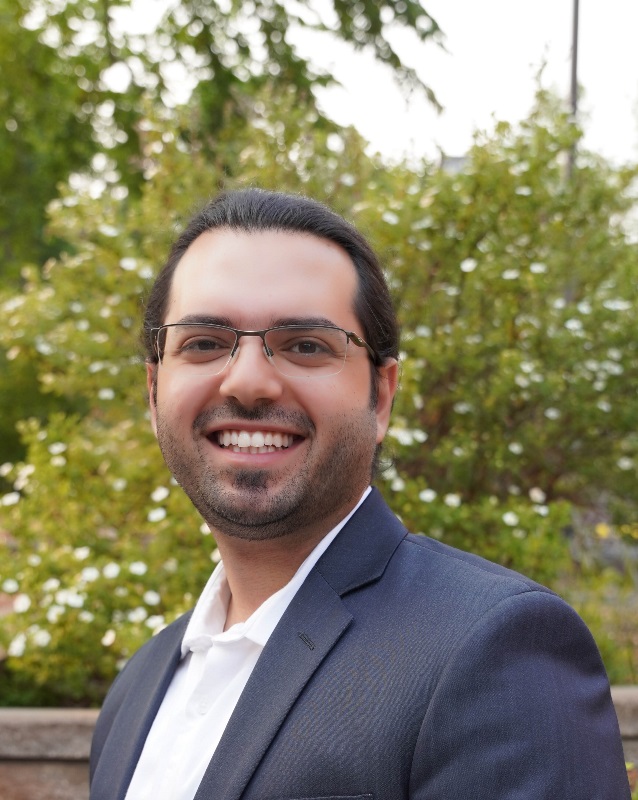
Abdul, a graduate student in structural engineering at the University of Alberta, turned his personal experiences during COVID-19 into a driving force for building community. Recognizing the need for connection and support among students, he founded the Civil and Environmental Engineering Graduate Student Association (CEEGSA) in April 2023. His vision was simple yet powerful: create a space where students could share experiences, access resources, and build meaningful connections. With inclusivity at its core, CEEGSA ensures that all events are free, making them accessible to everyone.
Leading CEEGSA has reinforced Abdul’s belief in the power of diversity and belonging. He has seen firsthand how a supportive community can transform student experiences, helping members feel like part of a close-knit family within the broader graduate student network. By embracing different beliefs, values, and worldviews, AJ strives to uplift students who may feel isolated or underrepresented, fostering an environment where everyone feels valued and inspired to thrive.
.
-
Dhir Bid - University of Alberta
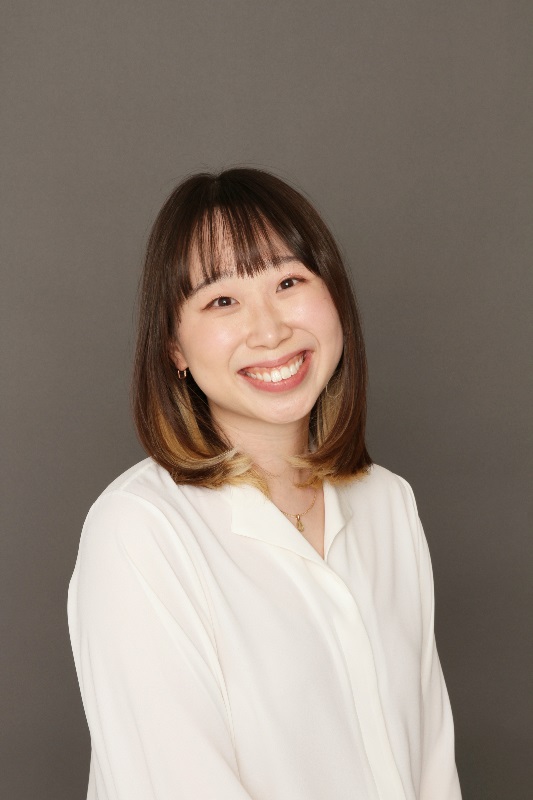
Catherine, an undergraduate biomedical engineering student, has been recognized as a Diversity Champion in Engineering by the University of Calgary’s Schulich School of Engineering. Throughout her degree, she has demonstrated a strong commitment to fostering diversity and inclusivity in engineering.
She actively contributes to several student organizations, serving as the Fundraising Coordinator for the University of Calgary’s Women in Science and Engineering (WISE), Vice President of External Affairs for the Biomedical Engineering Students' Society (BMESS), and President of Go Baby Go (GBG). In these roles, Catherine ensures that outreach efforts are inclusive by collaborating with student organizations and leveraging diverse platforms to engage underrepresented groups. She fosters an environment where diverse voices are heard in decision-making, bringing fresh perspectives, ideas, and experiences that enhance both team dynamics and the student experience.
Additionally, as the Member Learning Lead for Engineers Without Borders (EWB), Catherine helps raise awareness of global issues while developing leadership, communication, and project management skills. She understands the importance of empowering others to engage in solutions that address real-world challenges. Through her dedication to diversity, equity, and inclusion, she actively works to remove barriers and create a welcoming culture in engineering. By championing the participation and success of underrepresented groups, Catherine exemplifies the values of an inclusive and forward-thinking engineering community
-
Ryan Costello - University of Alberta
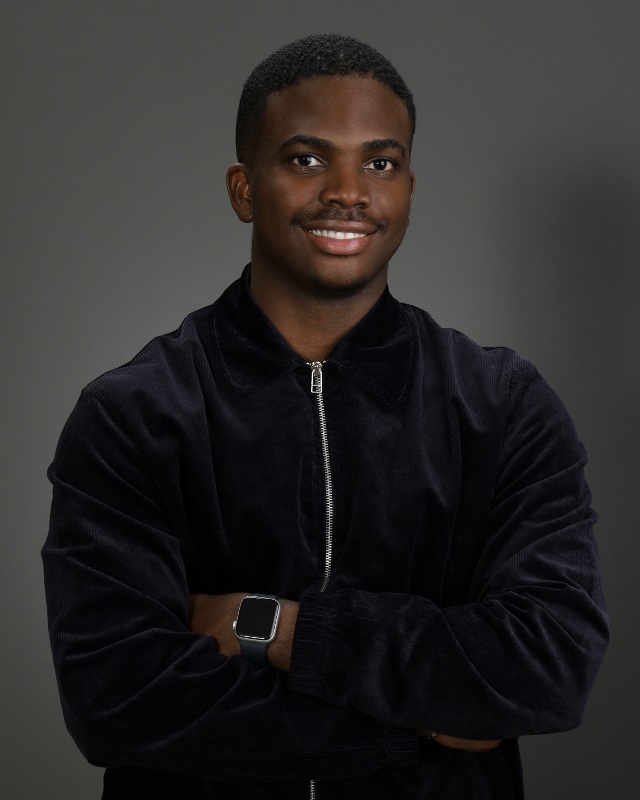
Goodluck, a graduate student in mechanical engineering at the University of Alberta, understands firsthand the challenges that can arise in academic and professional spaces. Over the years, he has reflected on how systemic barriers have limited access to opportunities and resources for certain groups. Recognizing that diversity drives innovation, Goodluck is part of a diverse research team that has broadened his learning experience, exposing him to a variety of working styles, communication methods, and problem-solving approaches.
Beyond his research, Goodluck is actively involved in initiatives that promote inclusivity and knowledge-sharing. As a member of the Future Energy Systems (FES) Group, he volunteers with Energy Explorers, helping graduate students develop the skills to communicate their research to non-academic audiences. Through this initiative, he has engaged in outreach with children and parents, introducing them to energy research in relatable and accessible ways.
Goodluck also serves as an executive on the Graduate Students’ Association (GSA) Equity, Diversity, and Inclusion (EDI) Committee, where he works on initiatives aimed at improving the graduate student experience through an EDI-focused lens. Additionally, he played a key role in organizing the Society of Petroleum Engineers (SPE) “Energizing Tomorrow” Conference, which brought together students, industry experts, and academics to explore the future of energy—a topic that intersects with diverse cultural, environmental, and economic perspectives.
For Goodluck, fostering an inclusive environment is just as important as facilitating meaningful discussions. He believes that true inclusivity goes beyond representation—it’s about ensuring that everyone feels valued and has a sense of belonging.
-
Maha Ead - University of Alberta
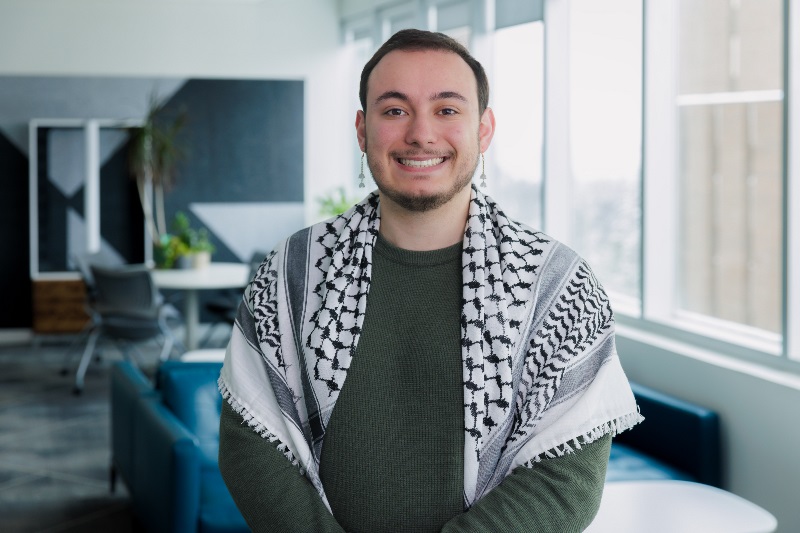
Jayman, an undergraduate mechanical engineering student, serves as a coordinator for the Institutional Outreach (IO) division of the Engineering Students’ Society (ESS) at the University of Alberta. They founded and led the French Outreach Initiative, a program designed to make French culture and related opportunities more accessible. By developing an online repository of academic resources and information on French student groups and cultural engagement, Jayman has helped bridge gaps for French-speaking students. Through IO, they have also played an active role in introducing students in grades 7–9 to various engineering disciplines and career pathways.
Beyond institutional outreach, Jayman is a dedicated mentor with the Fem+ program, where they support high school students in the LGBTQ+ community, fostering a safe, respectful, and empowering space for marginalized students in engineering. They encourage open and honest communication, demonstrating that vulnerability can be a source of strength and trust. By sharing their own experiences and challenges, Jayman helps mentees navigate obstacles, leading to increased confidence, collaboration, and self-assurance.
In addition to their mentorship work, Jayman volunteers as a research assistant with Fem+ and the WISEST program, focusing on encouraging underrepresented groups to explore engineering as a career. Their efforts contribute to creating a more inclusive and supportive environment within the profession, ensuring that future engineers from diverse backgrounds feel welcomed and valued.
-
Jolie Gan - University of Calgary
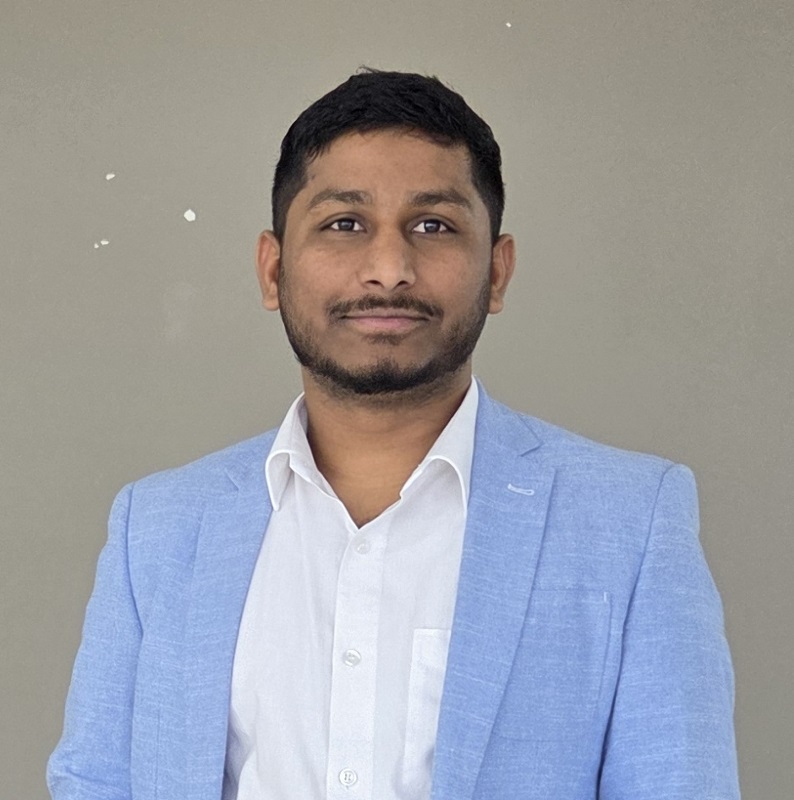
Md, a graduate student in environmental engineering at the University of Alberta, had the opportunity to collaborate with a non-binary colleague in Bangladesh, gaining firsthand insight into the depth of true inclusion beyond policy changes. He highlighted research demonstrating that diverse teams are more innovative and productive, reframing EDI as not just an ethical obligation but a strategic advantage. Through this experience, he learned that EDI leadership isn’t about enforcing rules—it’s about fostering change through education, empathy, and consistent action.
While leading a disability rights campaign at Presidency University, Md encountered a common misconception: some students saw accessibility accommodations as special treatment rather than a necessity. To shift perspectives, he organized a panel where students with disabilities shared their experiences with systemic barriers, reframing the conversation around equity instead of privilege. This reinforced a key lesson for him: true inclusion isn’t about compliance—it’s a shared responsibility. By amplifying marginalized voices, skepticism transforms into advocacy, demonstrating that when people truly understand exclusion’s impact, they become part of the solution.
-
Owen Hauck - University of Alberta
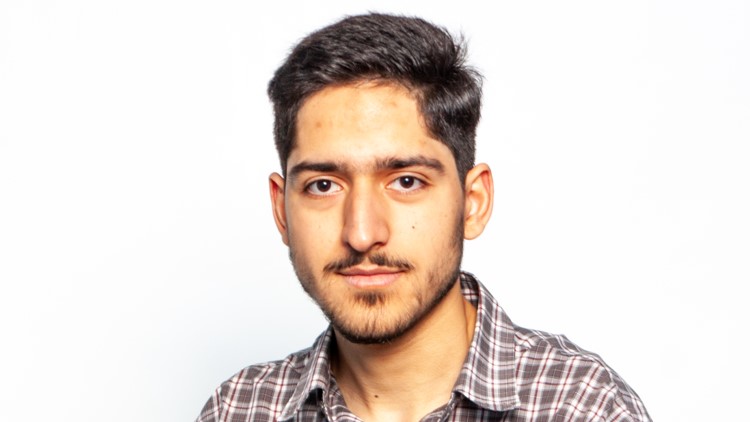
Mohammad, an undergraduate chemical engineering student, is the past president of Everything Project90, a student-run club at the University of Calgary that bridges the gap between academics and careers through service-learning and nonprofit projects. As president, he prioritized diverse perspectives, recognizing that shared opinions and different viewpoints enhance team performance. Under his leadership, the club partnered with Habitat for Humanity Southern Alberta, where he experienced an environment of intentional inclusivity—something that deeply resonated with him.
At a Diversity Day event, Mohammad co-hosted a workshop on world religions, where he found inspiration in traditional First Nations teachings. He was struck by how these teachings mirrored aspects of his own faith, fostering a newfound reverence and curiosity for Indigenous ways of knowing.
Mohammad also served as a leadership team member for Calgary Technical Young Professionals, organizing volunteer events that connected students with industry professionals. Mindful of the diverse population and underrepresented groups, he found fulfillment in seeing people from different backgrounds and faiths unite for a common cause. This experience reinforced his belief that an inclusive approach not only broadens participation but also strengthens the collective impact of volunteer efforts.
-
Dylan Maczko - University of Calgary
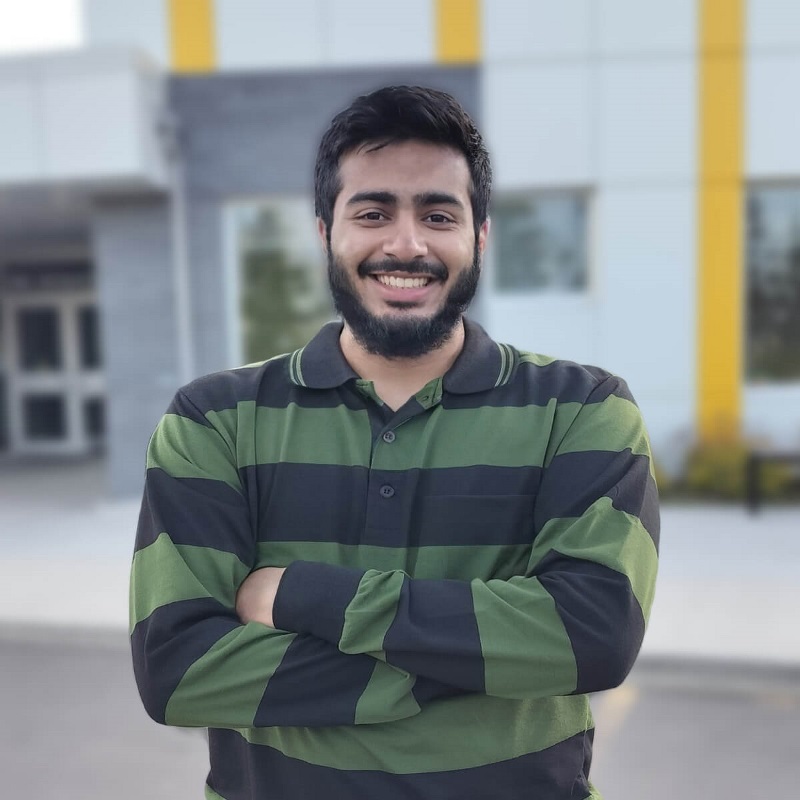
Muhammed, a mechanical engineering undergraduate at the University of Alberta, is deeply committed to using innovation and inclusivity to improve lives. While volunteering at Bow View Manor, a local nursing home, he became aware of the daily struggles faced by elderly residents, particularly those with Parkinson’s disease. Inspired to make a difference, he designed an affordable spoon to help minimize the impact of tremors, allowing patients to regain independence and confidence. This passion led him to launch SourceTech, a tech start-up where he assembled a diverse team, recognizing that inclusive collaboration fosters stronger, more effective solutions.
Beyond engineering, Muhammed is dedicated to community support and empowerment. Through the Muslim Students’ Association (MSA) and YMCA, he has volunteered with refugee youth, witnessing firsthand the impact of a supportive environment. Motivated by this experience, he co-founded the Junior Youth Group at the YMCA, providing refugee youth with leadership workshops, educational guidance, and employment resources, empowering them to take charge of their futures.
Muhammed also founded Edmonton Minds Matter, an initiative that introduces robotics and programming to students with disabilities, including autism and Down syndrome. By fostering problem-solving skills, teamwork, and self-confidence, the program has created a space where neurodivergent students can thrive. Their perseverance and achievements have not only shaped Muhammed’s perspective but have also inspired mentors and volunteers to be more attuned to the needs of neurodivergent learners, reinforcing his belief in the power of accessibility and inclusion in education.
-
Arielle O'Brian - University of Alberta

